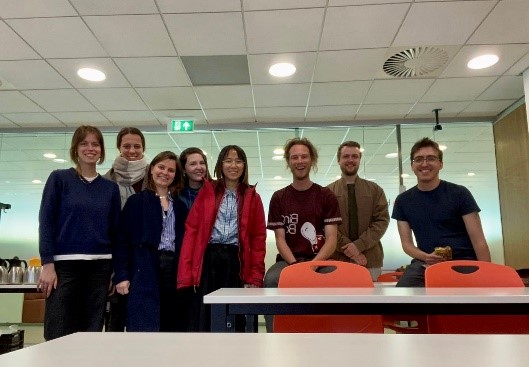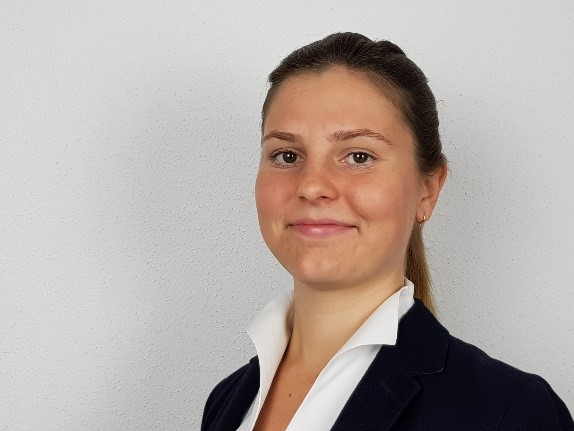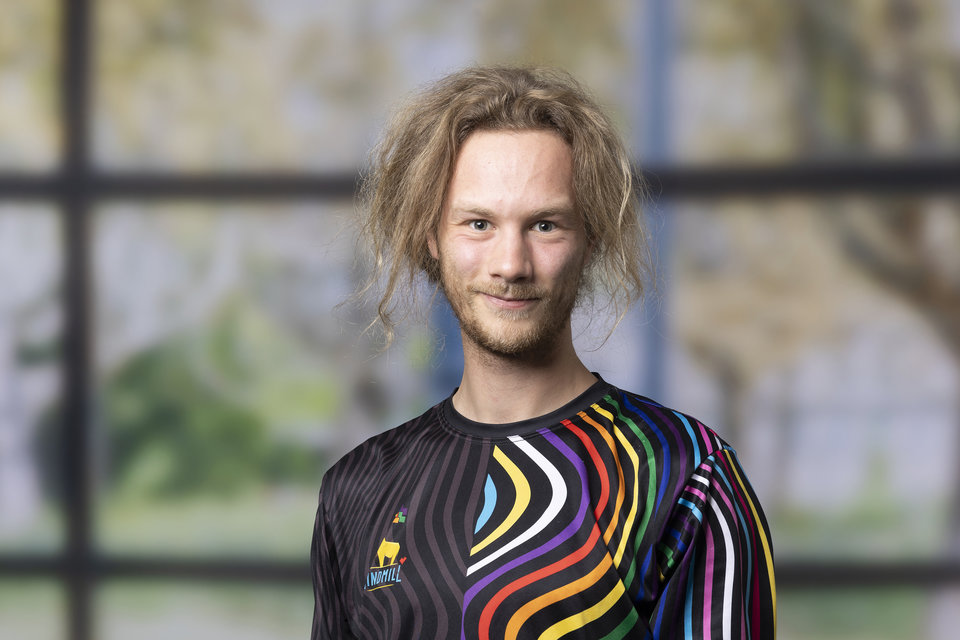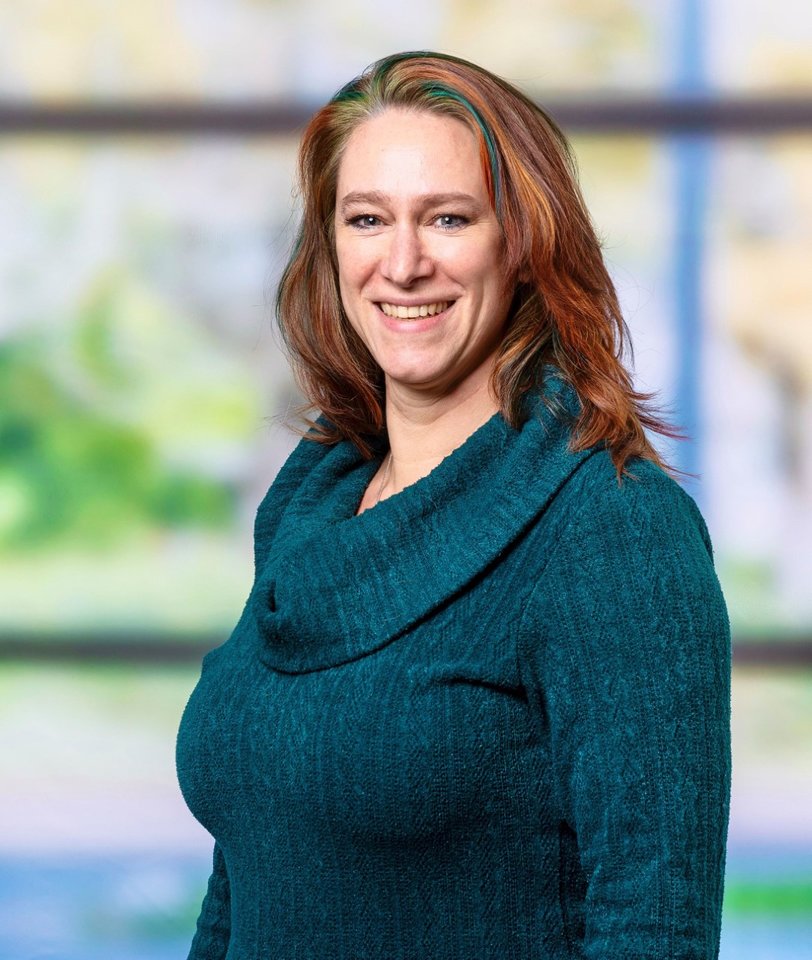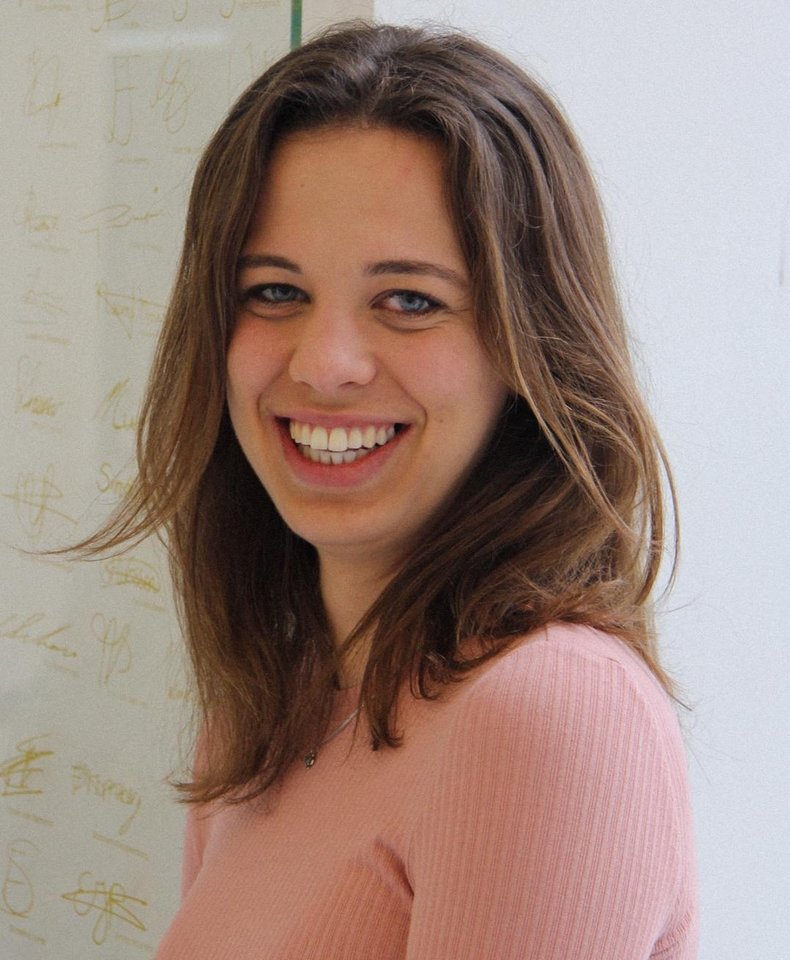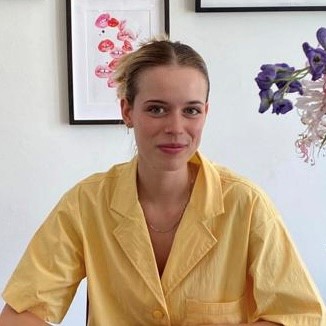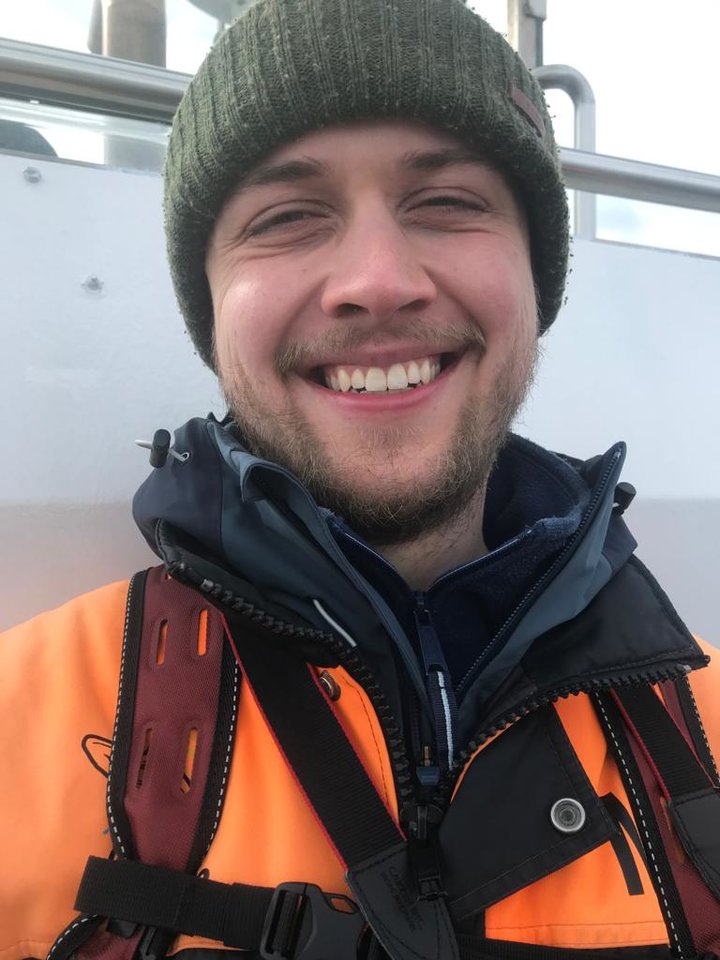CaterFly
Meet CaterFly: a community that brings together early-stage researchers that work at the intersection of agent-based modelling and behavioural science. With the energy transition as our topic of interest. Next to battling the difficulties that arise with conducting interdisciplinary science, our aim is to learn from each other, sharpen our research together and enhance collaboration between starting researchers in this new and upcoming field.
If you want to subscribe to our mailing list and learn about upcoming events, please follow this link.
CaterFly was established in the spring of 2023. It spawned from a small network event organized by three members of TU Delft Energy Transition Lab (Lukas, Lynn and Mariëlle). The name CaterFly is made-up, derived from the words Caterpillar and Butterfly. It is intended to be the thing that gets you from being a caterpillar in this field towards the butterfly stage – still a little wonky, but flying! With members from well over 10 countries, the CaterFly community is growing ever since.
The CaterFly community meets up regularly, both virtually and in person, to provide the space to anyone that is eager to share their work or is in need of academic support. We host monthly online meetings named “Legends of the CaterFly”. In these meetings CaterFly members have the opportunity to share their work, practice upcoming presentations, and/or discuss any social simulation related challenges in their work. From time to time we invite renowned and experienced researchers in the field to inspire us.
CaterFly sessions are driven by its members as the organization relies on a rotating schedule of chairpersons and presenters. Parallel to our plenary sessions, several members of the community collaborate on side projects that result in collective output, for instance in the form of a paper.
We warmly encourage local spin-offs as the establishment of CaterFly hubs can be valuable for growing our network and strengthening the cooperation across universities. CaterFly spin-offs are suggested to align their vision statement with that of TU Delft CaterFly and we gladly support occasional meetings with local hubs in order to stay connected. Opportunities for collaboration on a common goal, for instance by co-organizing a conference workshop, are also enthusiastically received.
Want to learn more? Please contact one of the CaterFly Core Team members, you can find their contact details below.
If you want to be on the mailing list to learn about upcoming events, please subscribe through this link (https://listserv.tudelft.nl/mailman/listinfo/caterfly) or drop Mariëlle an email at m.d.a.rietkerk@tudelft.nl.

CaterFly Teams
-
CaterFly ‘Beyond Words’ Paper Team
As CaterFly kicked off in June 2023, we searched for an output format. We quickly decided to write a paper revolving around the fundamental concept of our unique beginner's perspective. Our “Beyond Words” paper was born.
Our Beyond-Words paper follows up on what our team calls “The Language Paper” (Wijermans et al., 2022; see this link), a recently published article that featured interdisciplinary conversations on different understandings of common terms in the Social Psychology and Social Simulation fields. Our Beyond-Words paper aims to build on the Language Paper by outlining the differences and similarities in research approaches between social psychologists and agent-based modellers.
The CaterFly Beyond Words Paper Team is co-led by Hannah and Lukas. They are co-authored by (in alphabetical order) Marlene Batzke, Lynn de Jager, Ivan Digel, Philipp Eppe, Ryu Koide, Agnieszka Kuhny, Teng Li, Fernanda Reintgen Kamphuisen, Mariëlle Rietkerk, and Lennart Winkeler. We expect to publish before the Summer of 2025.
-
CaterFly Core Team
In October 2023 the CaterFly Core Team was born, spawning from the need to spread organizational tasks. You can meet the members of the Core Team below. Core task leads change frequently ;), but we arranged ourselves roughly around three tasks. The Legends of The CaterFly meetings are organized by Philipp and Fernanda mostly. They make sure that our members feel free to practice upcoming presentations or share the challenges they encounter in their work, and from time to time they contact external speakers. Mariëlle and Lynn are first contacts for new members and take care of level-0 docs and maintain a list of interesting readings for the community. Hannah, Lukas and Philipp organize (or delegate the organisation of) the CaterFly side projects. These side-projects can range from organizing an internal writing retreat to external networking events at conferences.
Events
-
Upcoming! Legends of the CaterFly. Oct-18, 2024.
Exploring multiple generative paths for complex dynamics with agent-based models
Flaminio Squazzoni, BehaveLab Director, Department of Social and Political Sciences, University of Milan.
In this talk I explore the use of agent-based modelling to study the emergence of complex social dynamics in the context of multiple realisability or equifinality, i.e. different micro-mechanisms leading to the same outcome. Identifying multiple causal pathways from the micro to the macro is crucial, especially when important behavioural aspects are not empirically observable. The example will refer to the case of network formation in the context of advice seeking among professionals. Lessons from the integration of agent-based modelling and social network research will be shared.
-
Upcoming! Live event Nov 7-8, 2024 @TUDelft
Mark your calendars, as we organize a live two-day event at TU Delft for everyone that wants to join (and is interested in the integration of behavioural science and ABM). More info will follow!
-
Yearly CaterFly online workshop. Jun-21, 2024
First CaterFly yearly online workshop.
CaterFly want to bring together early-stage researchers that work at the intersection of agent-based modelling and behavioural science. We aim to organize two events per year: one online and one in-person. This 2-hour event was our first online workshop. Attendees could bring in questions, exchange feedback and walk away with ideas for solutions. We structured around five themes: (1) theory formalization/alignment, (2) model building (assigning behavioral rules to agents), (3) how to set it up a model, (4) data integration, and (5) validation and calibration. After introductions we worked on a Miro board where attendees wrote down their struggles for each theme. We then went into themed break out rooms where a guided discussion took place, before wrapping up with the whole group again.
-
Legends of the CaterFly. May-17, 2024
Ivan Digel.
Ivan is a CaterFly member and presented his work on his AHOI model by discussing his paper with the title “An ABM of homeowners' decision-making regarding long-term investments in energy renovations”. The AHOI model examines homeowners' decision-making regarding long-term investments in energy renovations, particularly replacement of heating systems. Such decisions are usually complex and require significant time and effort on the part of home owners. To take this into account, AHOI has the following features: (1) multi-stage decision making algorithm, taking into account different tasks and barriers at each stage, as well as the time and effort required to perform, (2) several types of agents with their own tasks and (3) a mixture of theoretical and empirical grounding for decision-making processes and environmental parameters.
-
Legends of the CaterFly. Apr-15, 2024
Nanda Wijermans.
With a few members of the CaterFly community we are preparing what we call “The Beyond Words” paper. Our paper builds on the article with the title “Models in Social Psychology and Agent-Based Social simulation – an interdisciplinary conversation on similarities and differences” written by Nanda Wijermans, Geeske Scholz, Rocco Paolillo, Tobias Schröder, Emile Chappin, Tony Craig and Anne Templeton (we at CaterFly Paper Team call this “The Language Paper”). Nanda is an associate professor in Computer Science and System Science at Stockholm University, also works at the Institute for Futures Studies and the Stockholm Resilience Centre and is one of the godmothers of implementing behavioural insights in agent-based modelling. She was so kind to elaborate on the process of writing their “The Language Paper” and was available for questions.
-
Workshop at ABM4Energy Conference in Freiburg. Mar-22, 2024
Fantastic models and how to make them: A beginners guide to CaterFly.
This was the title of our workshop aimed at introducing CaterFly, building our network of early stage researchers working on the intersection of behavioural science and ABM. We offered two activities to a group of ~15 early stage researchers. First we conducted our CaterFly ‘rock-paper-scissors hunter and prey exercise’, where we demonstrate how different behavioural rules to win the game significantly alter the outcome of the game. Next, we did our CaterFly ‘mapping our work’ exercise. Participants positioned themselves in the room, followed by a series of 1-minute research pitches where participants move closer to the speaker or further away based on the degree of interconnections with their own research.
-
Legends of the CaterFly. Mar-15, 2024
Dino Carpentras.
Dino is a researcher in social complexity, and a postdoc at the Computational Social Science group at ETH, Zurich. His research revolves around opinions and collective intelligence using cutting-edge methodologies that combine many different disciplines. His research group takes an innovative approach to establish a deeper connection between ABMs and empirical data within the realm of Social Simulations. In his presentation, Dino discussed how the properties of psychological data (e.g. ordinality) may affect agent-based models as well as some experimental works for deriving agent-based models from empirical data.
-
Legends of the CaterFly. Feb-16, 2024.
Lukas Schubotz.
Lukas is one of the founding fathers of CaterFly and works as a PhD Candidate at the TU Delft Energy Transition Lab. He presented his work with the title “Cinderella’s Slipper – Inverse Modelling Fine And Dandy, But How To Do It For Social Science?”. In the Cinderella story, the glass slipper is a one-size-fits-one miracle. But what if it fit more like a stretchy sock, kind of conforming to every foot in the kingdom? Similarly, in social simulation, we're often on a prince-like quest for the ‘just-right’ model. Lukas presented the concept of inverse modelling and research he has done for a poster on this topic. With this presentation he sparked a nice meta-discussion about the aftermath of modelling, about interpretability, and computational or optimisation methods.
-
Legends of the CaterFly. Jan-19, 2024
Mart van der Kam.
Mart is working as a postdoc on human-centered energy modelling within the SWEET CoSi project (Co-Evolution and Coordinated Simulation of the Swiss Energy System and Swiss Society). He presented his work on the social simulation of consumer co-adaptation to low-carbon energy technologies, which was followed by a fruitful discussion about formalising empirical data in agent-based models, among other things.
-
Legends of the CaterFly. Dec-15, 2023
Hannah Galster.
Hannah is a member of the CaterFly Core Team and works as a PhD candidate at the Copernicus Institute of Sustainable Development (Utrecht University) and the Energy and Materials Transition unit of TNO (Netherlands Organization for Applied Scientific Research). She presented her work on “Representing energy-related behavior of households and individuals in national energy system models”. She shared the results of a literature review of energy system models that include behavior and the main challenges that remain to make the representation of behavior in the models more realistic. This was followed by a Q&A.
-
Legends of the CaterFly. Nov-17, 2023
Phillip Eppe and Fernanda Reintgen Kamphuisen.
Both CaterFly Core Team members Philipp and Fernanda shared their latest work. Both Fernanda and Philipp are PhD candidates at the Department of Environmental Psychology at the University of Groningen. Philipp talked about the importance of integrating psychological realism into agent-based models to support the adoption of sustainable technologies. He focused on identifying the key psychological factors that influence the adoption of these technologies and discussed the interdisciplinary approach of combining environmental psychology with transition studies to better understand and simulate the complex interactions between social and technical factors in the adoption process. Fernanda presented her work about the dynamics in the relationship between pro-environmental behaviour and descriptive norms, that can explain how pro-environmental behaviour of a minority can lead to large-scale change.
-
Legends of the CaterFly. Oct-20, 2023
Building the CaterFly community.
In this meeting, we shared ideas on making our monthly CaterFly meetings valuable to everyone. We proposed a CaterFly Core Team being Lynn de Jager, Philipp Eppe, Hannah Galster, Fernanda Reintgen Kamphuisen, Mariëlle Rietkerk and Lukas Schubotz. We decided to set up a rotating schedule of chairpersons and presenters with the aim that every CaterFly member is able to share their work, practice upcoming presentations, and/or discuss any social simulation related challenges. The “Beyond Words Paper” that some of us started writing together will be separated from our monthly Legends of the CaterFly meetings. We also discussed the possibilities for setting up another in-person event for our community to get together, perhaps we’ll even go on a “cocooning” writing retreat?
-
Legends of the CaterFly. Sep-15, 2023
Mariëlle Rietkerk.
Mariëlle is part of the TU Delft Energy Transition Lab which initiated CaterFly. She works on a PhD about the integration of behavioural insights and agent-based energy transition models. She presented her preliminary work on understanding the current practice of argumentation behind the modellers choice of behavioural theory to formalize an agents decision. She researched a set of ABMs were households decisions around the energy transition were made, and distinguished between reflective and habitual behaviours. One of her important findings is that most modellers do not provide supporting arguments for using a theory and do not perform a behavioural analysis to provide for these arguments.
-
Starting ‘the Beyond Words Paper’. Jul-14, 2023
Beyond Words Paper.
Following the kick-off in June, the goal of this online meeting was to begin setting up a paper where we outline differences in modelling approaches across social psychologists and modelers. Our “Beyond Words Paper” will be a follow-up to a recently published article that featured interdisciplinary conversations on different understandings of common terms in the Social Psychology and Social Simulation fields (Wijermans et al, 2022, see link). We split up the group of 7 in social psychologists and agent-based modellers, and discussed which steps we normally take to develop a model. After a fruitful discussion we agreed to work together in the smaller groups, write up our ideas, and discuss them next meeting.
-
Kick off. Jun-2, 2023
Our first CaterFly in-person networking event.
The event was organized by the Energy Transition Lab of the TU Delft, with Lukas Schubotz, Mariëlle Rietkerk and Lynn de Jager coordinating the program. We started the day with some coffee and cookies, after which Dr. Ir. Emile Chappin shared his views on the importance of integrating agent-based modelling and behavioral psychology to address energy transition complexities. The rest of the program was dedicated to networking and mapping our work with the aim of finding opportunities for interdisciplinary collaboration.
